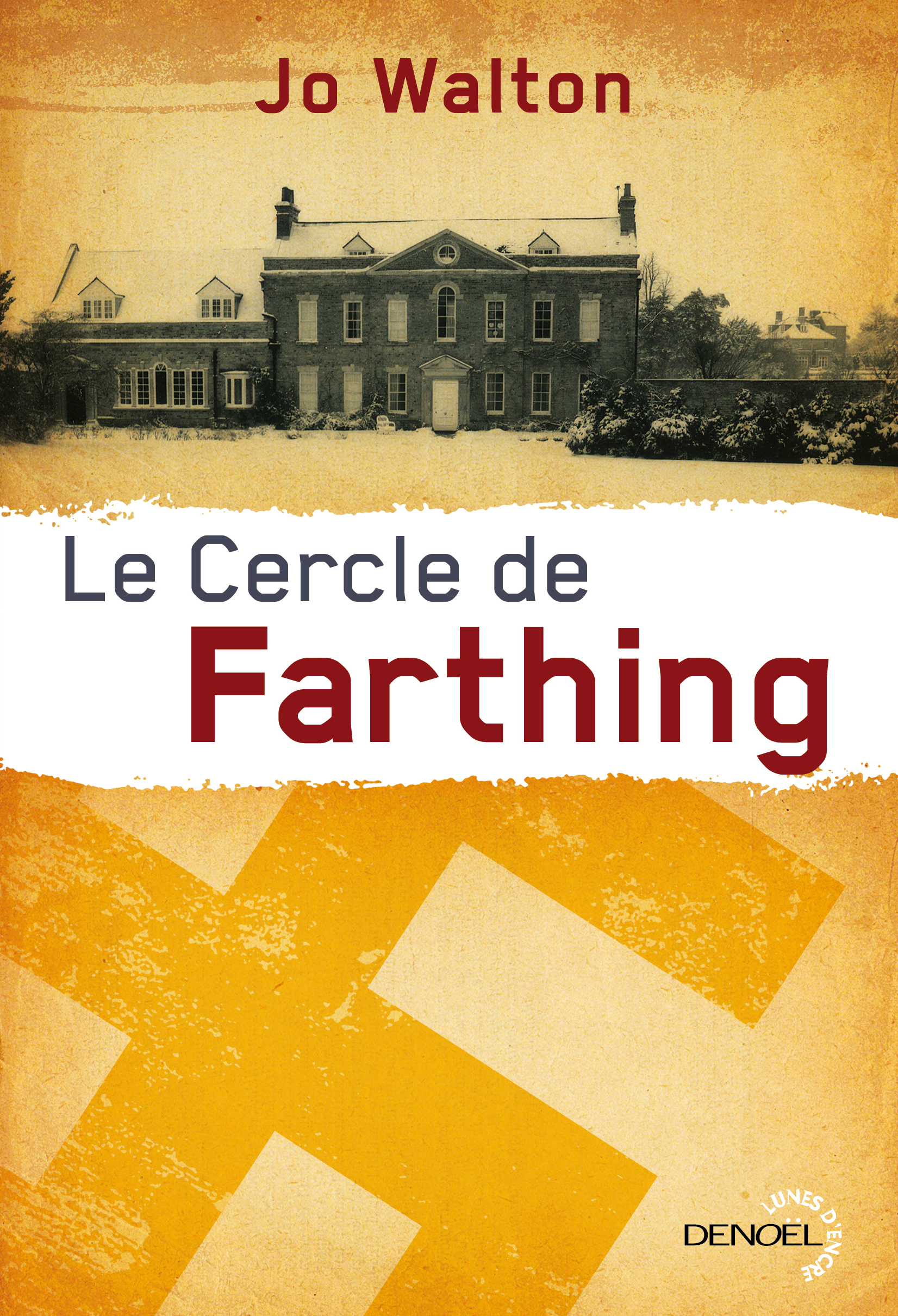Probably the worst piece of writing advice I have ever heard in my entire life, including time spent on rec.arts.sf.composition, was a professional writer advising people wishing to write fantasy to watch people roleplaying to get an idea of how magic works.
I didn’t strangle this woman, and Steve Brust, who was there, didn’t strangle her either, though it was a close thing when she held to it through anything and everything.
The main reason it’s a terrible idea, in case it isn’t immediately obvious, is that RPGs are a simulation of a certain kind of fantasy, and that if you use magic the way they do, you’ll end up with stories just like that kind of fantasy — third artist copies. This is the best you can hope for, if you watch a good group playing a good game well. Far more likely you’ll end up with the sort of story where the research shows, and anyway you’ll see people who do indeed take magic for granted, but take it for granted in a game/rules way utterly unlike any attitude anyone would have to real magic but much like the attitude people have to computers — you click on the bunny, something happens and usually it does what you want but maybe it occasionally crashes.
Real people who believe in magic don’t act like this, whether they’re modern or historical.
There’s also a problem with looking at historical attitudes to magic and using them.
Magic in the real world doesn’t actually work. I got flamed to a crisp for saying this on one of the frp newsgroups, so let me back up on that slightly — magic in the real world doesn’t work by RPG rules and it doesn’t work in the kind of reliable way one might want it to in a fantasy novel. Actually I think magic in the real world works amazingly well on the inside of people’s heads, but there are precious few fireballs or healing spells. And seeing how people who believed in magic reacted to unreliable magic doesn’t tell you much about the way they would react to reliable magic.
When it does work, well, when Ken and I were doing the research for GURPS Celtic Myth (a roleplaying game supplement, back in print and available from SJ Games, good game shops, and Amazon) I was thinking about the magic system in great depth, and I was thinking about the Celtic magic trees, and I realised as a revelation that magic in their world was actually a way of doing science. When it worked, it worked scientifically — I mean when Willow worked to heal, it was the aspirin in it, and when Elder did, it was the genuine medicinal properties in elder flowers, berries and bark. It’s an amazing tree. I’d have made it a magic healing tree myself.
So when you look at the historical attitude to magic that did work you’re learning something about the beginning of science but not really about magic.
I did some complicated things about this in the Sulien’s world, in which magic relates to the gods, and is commonplace and taken largely for granted. There are charms, which invoke a desire on the part of the person, and which are powered by a god. If the god won’t play, they don’t work, but usually the gods do. People have to learn the charm, so they are more or less widespread, but once they know it they know it. There’s another kind of magic, called sorcery, which is fuelled by one’s own will, and which slowly destroys the sorceror’s soul. I have two people who are sorcerors, and I haven’t written it but I know exactly how they got like that.
Anyway, I’m very comfortable with what I did with that, and the attitude to magic there. It works for me.
In my dragon book, there essentially isn’t any magic. Magic is only a handwave to make the whole thing work, and the attitude towards it is the Victorian one, pretty much.
I’m now thinking about a medieval world with lots of reliable magic everyone can use, and what it does to it. In the three books in Sulien’s world, I used the gods behind the magic to keep a sense of the numinous. Here, magic wouldn’t have that backing. But it needs something or it isn’t magic, it’s proto-science or alchemy, or it’s dull. Magic needs to be magical, it needs awe. It needs to be as real as the bucket of milk with the cream settling out, as real as the sunshine on the tiles of the floor, it’s the reason the milk doesn’t need to be covered and there’s no dust-motes dancing in the beam, but the way people feel about that, if it worked reliably, would be much the same as the way I wipe my monitor.
Ho hum, maybe they need to do something to be able to do it?
We’ll see.



